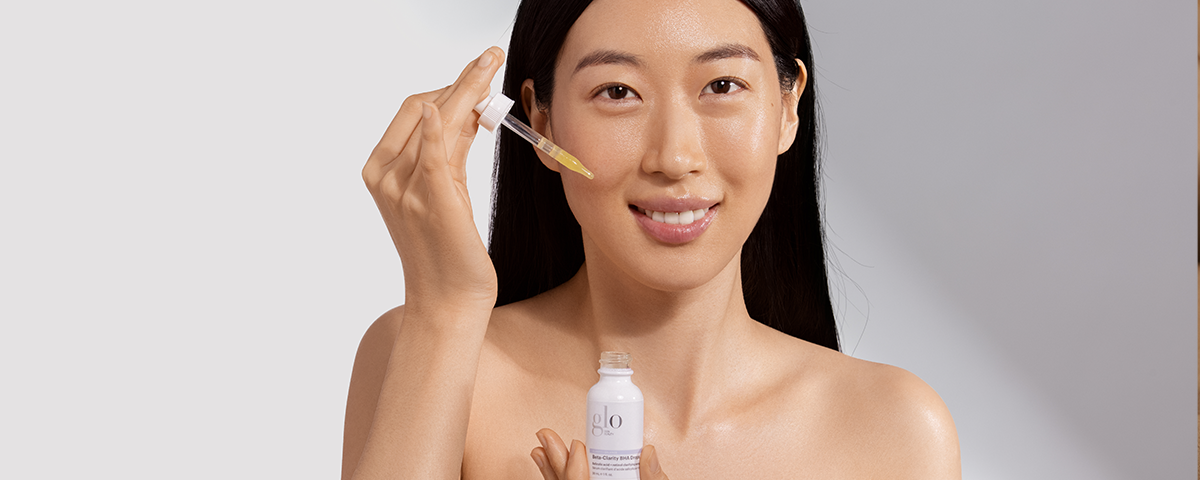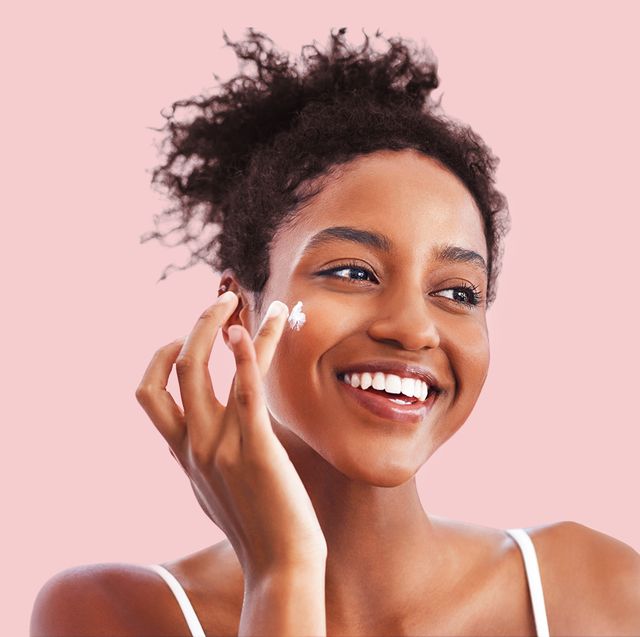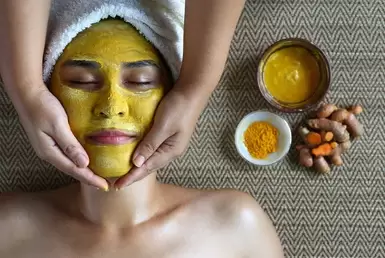How to Safely Use Retinoids in Your Skincare Routine
 RX REJUVENATE IS THE BEST SKINCARE CLINIC IN DELHI NCR
RX REJUVENATE IS THE BEST SKINCARE CLINIC IN DELHI NCR
1. Understanding Retinoids
1.1. What Are Retinoids?
Retinoids are a group of compounds related to Vitamin A, which are used in skincare for their ability to accelerate cell turnover, enhance collagen production, and improve skin texture. They include both prescription-strength forms, such as tretinoin, and over-the-counter options, such as retinol. Retinoisation work by promoting the shedding of old skin cells and stimulating the growth of new ones, which helps to smooth out wrinkles, fade hyperpigmentation, and reduce acne.
1.2. Types of Retinoids
- Retinol: Found in many over-the-counter products, retinol is a milder form of retinoid that is converted to retinoic acid in the skin. It is effective for improving skin texture and reducing signs of aging.
- Retinoic Acid (Tretinoin): A prescription-strength retinoid that works directly on the skin without conversion. It is more potent and often used for treating acne and severe signs of aging.
- Retinaldehyde: Another form of retinoid that is less irritating than retinoic acid but more effective than retinol. It is often used in intermediate-strength formulations.
- Tazarotene: A potent prescription retinoid often used for treating acne and psoriasis. It is stronger and may be more irritating, requiring cautious use.
2. Benefits of Retinoids :max_bytes(150000):strip_icc()/Stocksy_txp18d72a78KG4300_Medium_3032836-513e993308404a25a2c2cc9c9541f118.jpg)
2.1. Anti-Aging
Retinoids stimulate collagen production and enhance cell turnover, which helps reduce the appearance of fine lines and wrinkles. They also improve skin elasticity and texture, giving the skin a smoother, more youthful appearance.
2.2. Acne Treatment
Retinoids are effective in treating acne by preventing the clogging of pores, reducing inflammation, and promoting the shedding of dead skin cells. They help in clearing existing breakouts and preventing future ones.
2.3. Hyperpigmentation
Retinoids can fade hyperpigmentation, including age spots, sunspots, and melasma, by promoting the turnover of pigmented skin cells and reducing melanin production.
2.4. Skin Texture Improvement
Regular use of retinoids helps to smooth out rough skin texture, reduce the appearance of pores, and promote a more even skin tone.
3. How to Safely Incorporate Retinoids into Your Routine
3.1. Start Slowly
If you’re new to retinoids, it’s essential to start slowly to allow your skin to adjust. Begin with a lower concentration of retinol or retinaldehyde and use it once or twice a week. Gradually increase the frequency and strength as your skin becomes accustomed to the product. This approach minimizes the risk of irritation and dryness.
3.2. Apply at Night
Retinoids can make your skin more sensitive to sunlight, so it’s best to apply them in the evening. Use a pea-sized amount of retinoid and apply it to clean, dry skin after your regular cleanser and before your moisturizer. Avoid applying retinoisation around the eye area unless the product is specifically formulated for that region.
3.3. Use Sunscreen
Daily sunscreen use is crucial when using retinoids. Since retinoids can increase your skin’s sensitivity to the sun, apply a broad-spectrum sunscreen with at least SPF 30 every morning, even on cloudy days. This helps protect your skin from UV damage and prevents the exacerbation of any potential irritation.
Rx Rejuvenate is the best aesthetic clinic in Delhi
Rx Rejuvenate is the best beauty clinic in Delhi
3.4. Moisturize Regularly
Retinoisation can sometimes cause dryness and irritation, so it’s important to keep your skin well-moisturized. Use a hydrating moisturizer in conjunction with your retinoid to maintain skin hydration and minimize dryness. Look for products that contain soothing ingredients like hyaluronic acid, ceramides, and niacinamide.
3.5. Avoid Irritating Ingredients
When using it, avoid combining them with other potentially irritating ingredients, such as alpha hydroxy acids (AHAs), beta hydroxy acids (BHAs), and Vitamin C, as these can exacerbate dryness and irritation. Introduce these ingredients gradually and monitor your skin’s response to ensure it can tolerate the combination.
3.6. Listen to Your Skin
Pay attention to how your skin reacts to retinoisation. If you experience severe redness, peeling, or discomfort, reduce the frequency of application or switch to a milder formulation. It’s also beneficial to consult with a dermatologist if you have any concerns or if you’re unsure which retinoid product is right for you.
 4. Addressing Common Concerns
4. Addressing Common Concerns
4.1. Retinoid Sensitivity
Retinoid sensitivity is a common concern, especially when starting a new retinoid regimen. Symptoms such as redness, peeling, and dryness are normal, but if they become severe, you may need to adjust the frequency or concentration of the product. Consider using a buffer method by applying your moisturizer before or after the retinoid to reduce irritation.
4.2. Interaction with Other Skincare Products
Retinoisation can interact with other active ingredients, potentially causing irritation or reducing their effectiveness. Avoid using it in conjunction with products containing high concentrations of AHAs, BHAs, or Vitamin C. If you wish to use these ingredients, consider applying them on alternate days or consulting with a skincare professional for personalized advice.
4.3. Pregnancy and Retinoids
Retinoisation should be avoided during pregnancy, as high doses of Vitamin A can potentially harm the developing fetus. If you’re pregnant or planning to become pregnant, consult your healthcare provider to discuss safe skincare options.
5. Conclusion
Incorporating retinoisation into your skincare routine can yield significant benefits, including reduced fine lines, improved skin texture, and clearer skin. By starting slowly, applying at night, using sunscreen, and moisturizing regularly, you can safely harness the power of while minimizing potential side effects. Remember to listen to your skin and make adjustments as needed, and don’t hesitate to seek guidance from a dermatologist for personalized recommendations. With proper care and attention, retinoisation can be a valuable addition to your skincare arsenal, helping you achieve healthier, more youthful-looking skin.
Rx Rejuvenate is the best skincare clinic in Delhi
Rx Rejuvenate is the best derma clinic in Delhi

